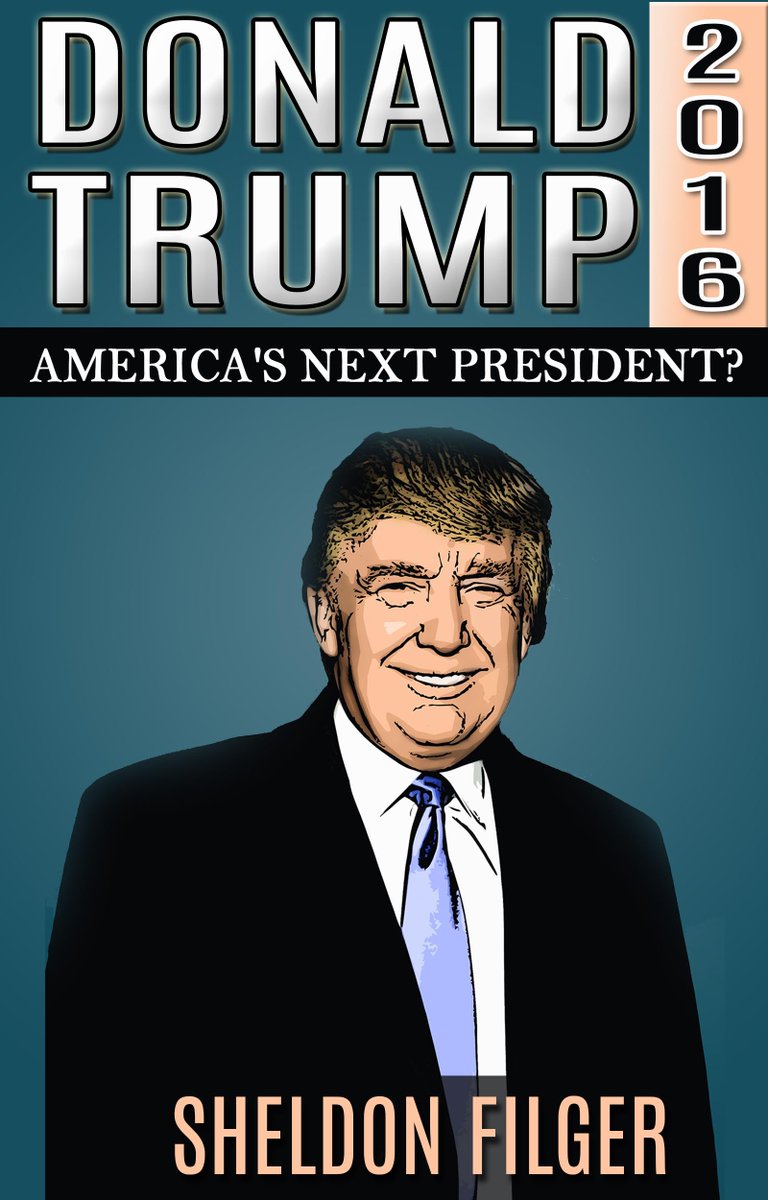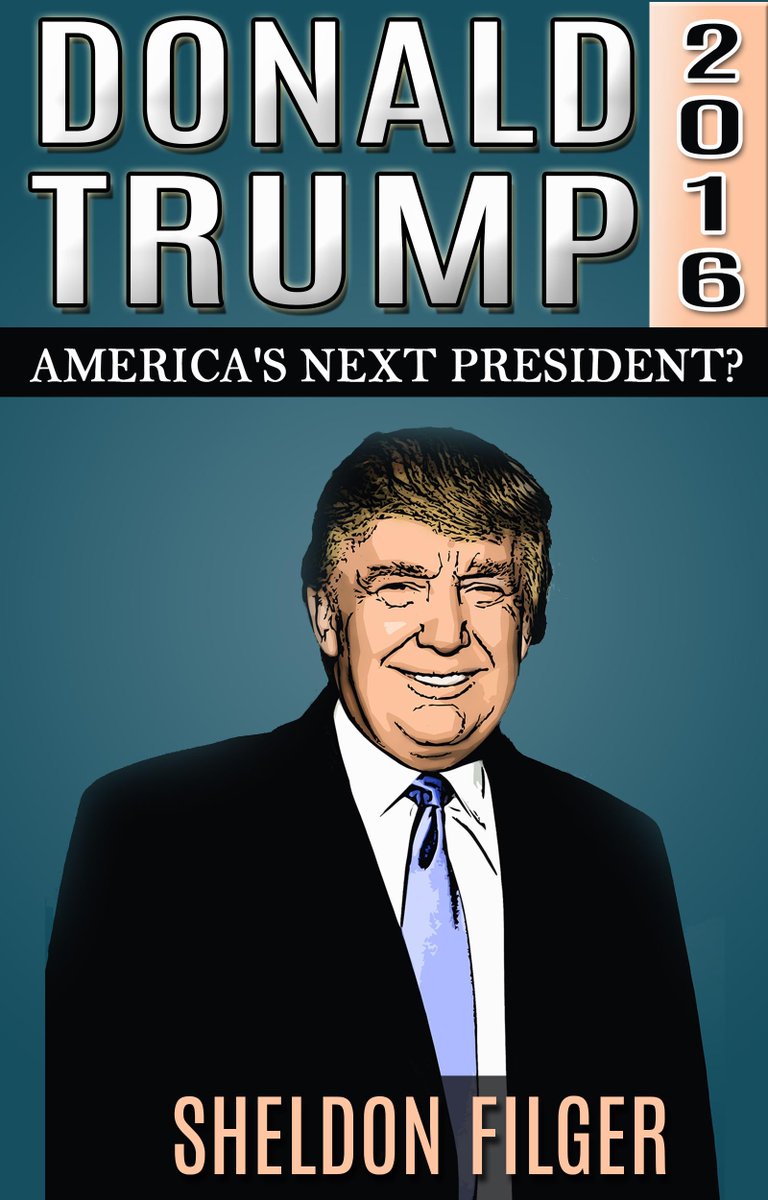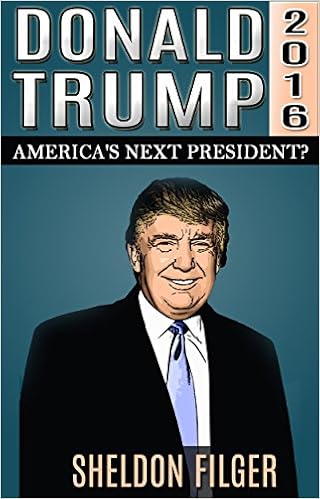Donald Trump, Presidential Politics and The Art of Disruptive Innovation
In analyzing the unanticipated success of the Donald J. Trump For President campaign–at least in its early phases–I have found far more insight from a Harvard Business School professor than from any of the legion of established political commentators, consultants and journalists. Clayton Christensen, to the best of my knowledge, has never written specifically on American politics. However, the Harvard professor and management guru conceived of the concept of disruptive innovation. It strikes this writer that disruptive innovation is the most cogent explanation for the early and surprising success Donald Trump has generated in the early months of the 2016 presidential election.
In his description of disruptive innovation, Professor Clayton states that it is “a process by which a product or service takes root initially in simple applications at the bottom of a market and then relentlessly moves up market , eventually displacing established competitors.” Transferring this theory from the corporate business world to the realm of presidential politics, one can observe how effectively it is being applied by Trump. While the political and media establishment wrote off the Trump campaign in its nascent period as a public relations stunt not to be taken seriously, the Trump campaign organization laid the groundwork and messaging to capture a constituency that was largely ignored by the establishment contenders for the GOP presidential nomination. The development of a simple theme–“Make America Great Again”–was clearly intended to resonate with potential voters who felt alienated from traditional politics, and were receptive to a messenger, especially with a high-profile celebrity brand, who offered the promise of American restoration.
Perhaps the most disruptive element that Donald Trump introduced into the Republican presidential primary was his laser-beam focus on the alleged incompetence and “stupidity” of the political class. While traditionally Republican contenders for their party’s nomination based their campaign on attacking Washington D.C., suggesting they were somehow distinct from the political culture on Capitol Hill, Trump unleashed a “shock and awe” ( to use a Pentagon term) assault that targeted the entire political class, Republican and Democrat. In the face of the real estate mogul’s schadenfreude, the GOP’s perceived establishment frontrunners, in particular Jeb Bush, have been floundering. Their old standby sloganeering, such as railing against Washington, is proving to be both ineffective and irrelevant in the new presidential campaign dynamic that Trump and his campaign organization have facilitated through their successful adaptation of the techniques of disruptive innovation. It is as though Jeb Bush–and also Hillary Clinton–are offering American voters obsolete mainframe computers, while Trump is aggressively marketing smartphones
The history of the 2016 presidential election cycle is yet to written. There remains more than a year of campaigning, and much can still happen that is currently unanticipated. Yet, whatever transpires in November of 2016, Donald Trump has already had a transformative impact on presidential campaigning that will likely endure far beyond the next presidential election.



